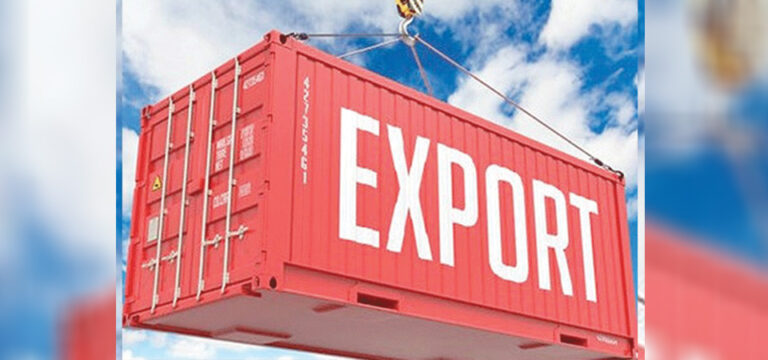
Shree Steels has started exporting TMT rods to India. With this, steel has become the second construction commodity to be exported to India after cement. Inaugurating the export, Shree Steels sent 35 tons of rod by a truck to Kunserwa in Maharajgunj, India via Belhiya border in the first batch.
Shree Steel’s Director, Rajesh Agarwal, informed that the aim is to continue and increase exports as per the demand in the coming days. He said that the export was started according to the export policy introduced in the recent budget. “The industry which has been facing the problems of loadshedding and power tripping, also faced the coronavirus pandemic. But now we have begun the export of steel to other countries,” Agrawal said.
According to him, the start of exporting rods is not only the success of industry but also of Rupandehi district and Lumbini province as well as the entire nation.
On the occasion, the industry has requested stakeholders at various levels of government to create an environment for exporting not only steel but also other products of various industries in other districts as well.
Agrawal said that this will help to reduce trade deficit between Nepal and India to some extent. He maintained that Nepali industry has the capacity to export 1.5 million tons of steel per year.
Established and run with the joint investment from Kedia Organization, Siddhartha Group, Murarka Group and Uma Group, the industry produces TMT rods. Deepak Shah, brand manager for Shree Steels, informed that for the first time in Nepal, the company is producing quality prime rods from an automatic plant with Japanese technology, which is considered to be resistant to earthquake and fire.
He said that uniformity in size and weight is the characteristic of Shree Steels. The industry has a production capacity of 40 tons per hour and is currently producing 800 tons of steel and billets daily. Shah said that five hundred people got direct employment in the industry located in Rohini Rural Municipality-3 Semerhawa, which has an investment of Rs. 3 billion.
Source : TRN,






